

Articles
How To Store Fresh Squeezed Lemon Juice
Modified: February 24, 2024
Looking for articles on how to store fresh squeezed lemon juice? Learn the best methods and tips for maximizing freshness and flavor in this comprehensive guide.
(Many of the links in this article redirect to a specific reviewed product. Your purchase of these products through affiliate links helps to generate commission for Storables.com, at no extra cost. Learn more)
Introduction
When life gives you lemons, why not squeeze them for a refreshing burst of citrusy goodness? Freshly squeezed lemon juice is not only delicious but also boasts health benefits and versatility in the kitchen. Whether you’re using it to enhance the flavor of your favorite recipe or adding a splash to your morning glass of water, having a stash of fresh lemon juice on hand can be incredibly convenient.
However, lemon juice has a limited shelf life due to its high acidity and susceptibility to oxidation. If left unprotected, it can quickly lose its vibrant flavor and turn sour. That’s why learning how to properly store fresh squeezed lemon juice becomes essential, allowing you to enjoy its tangy taste and nutritional benefits for an extended period.
In this article, we’ll explore various methods you can use to store your freshly squeezed lemon juice and keep it as fresh as possible. From freezing and canning to using citric acid as a preservative, we’ll cover everything you need to know to ensure that your lemon juice stays delicious and ready to use whenever you need it.
Key Takeaways:
- Store freshly squeezed lemon juice in the freezer by portioning it into ice cube trays or small containers for convenient, long-term use in cooking, baking, and beverages.
- Preserve the tangy goodness of lemon juice by canning, using citric acid as a natural preservative, or storing it in the refrigerator, ensuring a steady supply for culinary creations.
Read more: How To Store Fresh Lemon Juice
Why Store Fresh Squeezed Lemon Juice
Storing fresh squeezed lemon juice offers numerous benefits that make it worth the effort. Here are a few reasons why you should consider storing this zesty elixir:
- Convenience: Having a supply of lemon juice readily available in your kitchen means you can add a splash of tanginess to your dishes without the hassle of squeezing lemons every time you need it. It saves you time and effort in meal preparation.
- Flavor Enhancer: Lemon juice adds a vibrant and refreshing taste to a wide range of recipes. Whether you’re making salad dressings, marinades, cocktails, or desserts, having freshly squeezed lemon juice on hand allows you to enhance the flavor and bring out the best in your culinary creations.
- Nutritional Value: Lemons are packed with vitamin C, antioxidants, and other beneficial compounds that boost your immune system and promote overall health. By storing fresh lemon juice, you can preserve these nutrients and enjoy them even when lemons are out of season.
- Cost Savings: Buying lemons in bulk when they’re in season and storing the juice for later use can save you money compared to purchasing expensive bottled lemon juice. Plus, you have control over the quality and freshness of the juice when you make it yourself.
- Reduced Food Waste: If you find yourself with an abundance of lemons that you can’t use before they go bad, squeezing and storing the juice prevents wastage and allows you to enjoy the fruits of your labor for an extended period. It’s a sustainable approach to utilizing every part of the lemon.
With these compelling reasons in mind, let’s dive into the various methods you can employ to store your freshly squeezed lemon juice and ensure it remains delicious and full of flavor.
Tips for Storing Fresh Squeezed Lemon Juice
Before we delve into the specific methods of storing fresh squeezed lemon juice, here are some general tips to keep in mind:
- Choose ripe and juicy lemons: To get the best-tasting lemon juice, select lemons that are firm, smooth, and heavy for their size. Ripe lemons will yield more juice and have a more robust flavor.
- Freshly squeeze the juice: For optimal flavor and nutritional value, it’s best to squeeze your lemons just before storing the juice. The longer you wait, the more the juice will oxidize and lose its freshness.
- Strain the juice: When squeezing lemons, some pulp and seeds may end up in the juice. To ensure a smooth and seed-free consistency, strain the juice through a fine-mesh strainer or cheesecloth before storing it.
- Use clean containers: Ensure the containers or bottles you use for storing lemon juice are clean and sterilized. This helps prevent the growth of bacteria and maintains the freshness of the juice.
- Label and date: Properly label your stored lemon juice containers with the date of extraction. This way, you can easily keep track of the freshness and know when it’s time to use or discard the juice.
- Store in small portions: Consider storing lemon juice in smaller containers or ice cube trays. This allows you to thaw or use only the amount you need, minimizing waste and ensuring the remaining juice remains frozen or preserved.
- Keep away from direct light and heat: Lemon juice is sensitive to light and heat, which can cause it to lose its flavor and spoil faster. Store your lemon juice in a cool, dark place, such as the refrigerator or freezer, to maintain its freshness.
By following these guidelines, you’ll set the stage for successful lemon juice storage, ensuring that you can enjoy the zesty goodness of fresh lemon juice whenever you desire. Now, let’s explore the different methods you can use to store your freshly squeezed lemon juice.
Method 1: Freezing Lemon Juice
Freezing lemon juice is a simple and effective method to preserve its freshness and flavor. Here’s how you can do it:
- Squeeze and strain the juice: Start by squeezing the lemons and straining the juice to remove any pulp and seeds. Freshly squeezed juice is best for freezing.
- Measure the portions: Decide on the portion size you want to freeze. It’s common to freeze lemon juice in ice cube trays or small containers, allowing you to easily thaw and use the desired amount later.
- Fill the containers: Pour the lemon juice into the chosen containers, leaving some room at the top for expansion during freezing. If using ice cube trays, fill each compartment with the juice.
- Seal the containers: If using small containers, ensure they have airtight lids or secure them tightly with plastic wrap or aluminum foil. For ice cube trays, cover them with a plastic wrap or place them inside ziplock bags to prevent freezer burn.
- Label and date: Label each container or ice cube tray with the date of freezing. This will help you keep track of the freshness and ensure you use the oldest lemon juice first.
- Freeze the juice: Place the containers or ice cube trays in the freezer and freeze until solid. It usually takes a few hours to overnight, depending on the size of the containers.
- Transfer to freezer bags: Once the lemon juice is completely frozen, you can transfer the individual cubes or containers into freezer bags for easier storage and organization.
- Store in the freezer: Return the freezer bags to the freezer and store them in a location where they won’t be disturbed or exposed to temperature fluctuations.
- Thaw and use as needed: When you need lemon juice, simply remove the desired number of cubes or containers from the freezer and thaw them in the refrigerator or at room temperature. Once thawed, the lemon juice can be used immediately.
Freezing lemon juice allows you to enjoy its freshness for an extended period. Whether you need a splash of lemon juice for cooking, baking, or refreshing drinks, having pre-portioned frozen lemon juice cubes at your disposal is incredibly convenient. Now, let’s explore another method of storing fresh squeezed lemon juice: canning.
Method 2: Canning Lemon Juice
Canning lemon juice is an excellent method for long-term storage, as it preserves the flavor and nutrients while allowing you to enjoy it even when lemons are out of season. Here’s a step-by-step guide on how to can lemon juice:
- Prepare the jars and lids: Start by washing the canning jars and lids with hot, soapy water. Rinse them thoroughly and place them in a large pot or canner filled with water. Bring the water to a gentle simmer to keep the jars and lids hot while you prepare the lemon juice.
- Squeeze and strain the juice: Squeeze the lemons and strain the juice to remove any pulp and seeds. You can use a manual juicer, citrus press, or any other method that works best for you. Aim for fresh and high-quality lemon juice for the best results.
- Heat the lemon juice: Pour the freshly squeezed lemon juice into a large saucepan and heat it over medium heat until it reaches a gentle simmer. Do not boil the juice as it may impact the flavor and quality.
- Fill the jars: Carefully remove the hot jars from the canner, one at a time, and fill them with the hot lemon juice, leaving about 1/4 inch of headspace at the top. Use a funnel to prevent spills and ensure cleanliness.
- Seal the jars: Wipe the rim of each jar with a clean, damp cloth to remove any liquid or residue. Place the lids on the jars and tighten the bands until they are fingertip tight. This allows the jars to create a vacuum seal during the canning process.
- Process the jars: Place the filled jars back into the canner, ensuring they are fully submerged in water. Bring the water to a gentle boil and process the jars for the recommended time, usually around 15 minutes. Adjust the processing time based on your altitude and follow canning guidelines for safety.
- Remove and cool the jars: After the processing time is complete, carefully remove the jars from the canner and place them on a towel or rack to cool. As they cool, you may hear the satisfying “pop” sound, indicating that the jars have successfully sealed.
- Check the seals: Once the jars have cooled, check the seals by pressing down on the center of each lid. If the lid is firm and doesn’t flex or pop back, the jar is properly sealed. If any jar didn’t seal, refrigerate and use it within a few weeks.
- Store the jars: Label the sealed jars with the date and store them in a cool, dark place, such as a pantry or cupboard. Properly sealed and stored canned lemon juice can last up to a year, retaining its flavor and quality.
Canning lemon juice provides a convenient and long-lasting option for preserving the freshness and tanginess of freshly squeezed juice. Whether you prefer canning or freezing, both methods allow you to enjoy the flavor and benefits of lemon juice whenever you desire. However, if you’re looking for a quicker and simpler alternative, you can explore the option of using citric acid as a preservative, which we’ll discuss next.
Store fresh squeezed lemon juice in an airtight container in the refrigerator. It should be consumed within 2-3 days for the best flavor and quality.
Read more: How To Store Lemon Juice
Method 3: Using Citric Acid as a Preservative
Using citric acid as a preservative is a practical and effective method for extending the shelf life of freshly squeezed lemon juice. Citric acid acts as a natural preservative, inhibiting the growth of bacteria and preventing spoiling. Here’s how you can use citric acid to store your lemon juice:
- Squeeze and strain the juice: Start by squeezing the lemons and straining the juice to remove any pulp and seeds. Use a manual juicer, citrus press, or any method you prefer to extract the juice.
- Measure the citric acid: Citric acid is available in powdered form and can be found in most grocery stores or online. Follow the package instructions to determine the recommended amount of citric acid needed per cup of lemon juice.
- Dissolve the citric acid: In a separate container, dissolve the measured citric acid in a small amount of warm water. Stir until the citric acid is fully dissolved.
- Mix the citric acid solution with the lemon juice: Pour the dissolved citric acid solution into the freshly squeezed lemon juice and mix well. Ensure that the citric acid is evenly distributed throughout the juice.
- Bottle the lemon juice: Transfer the citric acid-infused lemon juice into clean and sterilized glass bottles or jars. Leave some headspace at the top of each bottle to allow for expansion during freezing or refrigeration.
- Seal the bottles: Place the caps or lids tightly on the bottles to create a seal. If you’re using jars with screw-top lids, make sure they are secured snugly. It’s important to prevent air and contaminants from getting inside the bottles.
- Label and date: Properly label each bottle with the date of preparation to track the freshness. This will help you use the oldest lemon juice first and maintain a rotation system if you have multiple bottles.
- Store in the refrigerator or freezer: You can store the citric acid-treated lemon juice in the refrigerator for short-term use or freeze it for longer-term storage. Freezing is particularly effective to maintain the freshness and flavor of the lemon juice.
- Thaw and use as needed: When you’re ready to use the lemon juice, simply thaw it in the refrigerator or at room temperature if frozen. Thawed citric acid-treated lemon juice retains its tangy flavor and can be used in various recipes.
Using citric acid as a preservative is an excellent option for those looking to extend the shelf life of their freshly squeezed lemon juice. It’s a simple and cost-effective method that allows you to enjoy the tanginess and health benefits of lemon juice for an extended period. Now, let’s explore our final method of storing lemon juice: storing it in the refrigerator.
Method 4: Storing Lemon Juice in the Refrigerator
If you prefer a more straightforward approach to storing your freshly squeezed lemon juice, keeping it in the refrigerator is a convenient option. This method allows for short-term storage while still maintaining the freshness and flavor of the juice. Follow these steps to store lemon juice in the refrigerator:
- Squeeze and strain the juice: Begin by squeezing the lemons and straining the juice to remove any pulp and seeds. Freshly squeezed juice is ideal for storing in the refrigerator.
- Choose a suitable container: Select a clean glass or plastic container with an airtight lid that can hold the desired amount of lemon juice. It’s important to use a container that can completely seal out air and prevent any flavors from transferring.
- Pour the lemon juice into the container: Carefully pour the freshly squeezed lemon juice into the container, leaving some headspace at the top. This will allow for any expansion that may occur as the juice is chilled.
- Seal the container: Place the lid tightly on the container, ensuring it forms a secure seal. This will prevent air from entering and help preserve the freshness and taste of the lemon juice.
- Label and date: Label the container with the date of extraction to keep track of its freshness. This will help you know when to use the lemon juice or determine its shelf life.
- Store in the refrigerator: Place the sealed container of lemon juice in the refrigerator. The cool temperature will slow down the oxidation process, keeping the juice fresh for a few days to a week.
- Use within the recommended time frame: Lemon juice stored in the refrigerator should be used within a week for the best flavor and quality. Over time, the juice may start to lose its vibrant taste and freshness.
- Check for signs of spoilage: Before using the stored lemon juice, visually inspect it for any signs of spoilage, such as mold growth or an off odor. If you notice any unusual changes, discard the juice to ensure your safety.
- Enjoy in various recipes: Use the refrigerated lemon juice in your favorite recipes, such as salad dressings, marinades, sauces, or beverages. Its tangy flavor will enhance the taste of your dishes.
Storing lemon juice in the refrigerator is a convenient option for short-term use. It allows you to have fresh lemon juice readily available without the need for freezing or additional preservation methods. Just remember to use it within the recommended time frame to ensure the best flavor and quality.
Tips for Maintaining Freshness and Flavor
To ensure that your stored fresh squeezed lemon juice remains as fresh and flavorful as possible, consider these helpful tips:
- Seal tightly: When storing lemon juice, always ensure that the containers or jars are tightly sealed to prevent air from entering. This will help maintain the freshness and prevent oxidation.
- Avoid exposure to light: Light can cause the degradation of lemon juice, leading to a loss of flavor and quality. Store your lemon juice in opaque containers or in a dark place to protect it from light exposure.
- Minimize contact with air: Oxygen can also impact the freshness of lemon juice. Whenever possible, transfer the juice to smaller containers to reduce the amount of air in contact with the juice.
- Use quality lemons: The freshness and flavor of your lemon juice largely depend on the quality of the lemons you use. Choose ripe lemons that are firm, smooth, and heavy for their size to achieve the best-tasting juice.
- Properly label and date: It’s essential to label your stored lemon juice containers with the date of extraction. This way, you can keep track of the freshness and ensure that you use the oldest juice first.
- Monitor temperature: Pay attention to the temperature of the storage area for your lemon juice. Keep it in a cool place, whether in the refrigerator or freezer, to maintain its freshness and prolong its shelf life.
- Avoid extended exposure to heat: Heat can accelerate the breakdown of lemon juice, causing it to spoil faster. Avoid leaving your stored lemon juice in warm areas, such as near stoves or ovens.
- Thaw properly: If you’re freezing your lemon juice, ensure that you thaw it properly before use. Thaw it in the refrigerator overnight or at room temperature, avoiding rapid thawing methods such as microwaving.
- Taste before using: Before incorporating stored lemon juice into your recipes, give it a taste to ensure that it hasn’t developed any off flavors or has gone bad. If it tastes off or smells unpleasant, it’s safer to discard it.
- Consider storage duration: Different storage methods have different durations for maintaining freshness. Be mindful of the recommended storage durations for each method to ensure that you use your lemon juice before it starts to degrade in quality.
By following these tips, you can maintain the freshness, flavor, and quality of your stored fresh squeezed lemon juice. Whether you choose to freeze, can, use citric acid, or store it in the refrigerator, these practices will help ensure that your lemon juice is always ready to add a burst of tanginess to your favorite recipes.
Conclusion
Storing your freshly squeezed lemon juice allows you to enjoy the vibrant flavor and nutritional benefits of lemons long after their season has ended. Whether you choose to freeze, can, use citric acid, or simply store it in the refrigerator, these methods will help preserve the freshness and deliciousness of your lemon juice for future use.
Freezing lemon juice provides convenience and flexibility, allowing you to portion it out and use as needed. It’s a great option for long-term storage, and the frozen lemon juice can be easily thawed for use in various recipes.
Canning lemon juice is a traditional method that offers an extended shelf life without the need for freezing. Properly sealed and processed jars of lemon juice can be stored for up to a year, providing you with a steady supply of tangy goodness.
Using citric acid as a preservative is a natural and effective way to maintain the freshness of your lemon juice. It inhibits bacterial growth and helps retain the flavor and quality of the juice, making it a great option for short-term storage.
Storing lemon juice in the refrigerator is a simple and convenient method for short-term use. While it doesn’t offer the same longevity as freezing or canning, it allows you to have readily available lemon juice for up to a week without compromising taste and freshness.
Remember to follow proper storage techniques, such as using clean containers, sealing tightly, and labeling with dates. Additionally, consider the tips for maintaining freshness and flavor to enhance the longevity of your stored lemon juice.
By learning how to store fresh squeezed lemon juice, you can reap the benefits of this tangy elixir whenever you need it. Whether you’re cooking, baking, or simply enjoying a refreshing glass of lemonade, having a stash of fresh lemon juice on hand will add a burst of citrusy goodness to your culinary endeavors.
So go ahead and squeeze those lemons, store the juice using the methods outlined in this article, and savor the zestful flavor of freshly squeezed lemon juice all year round.
Frequently Asked Questions about How To Store Fresh Squeezed Lemon Juice
Was this page helpful?
At Storables.com, we guarantee accurate and reliable information. Our content, validated by Expert Board Contributors, is crafted following stringent Editorial Policies. We're committed to providing you with well-researched, expert-backed insights for all your informational needs.
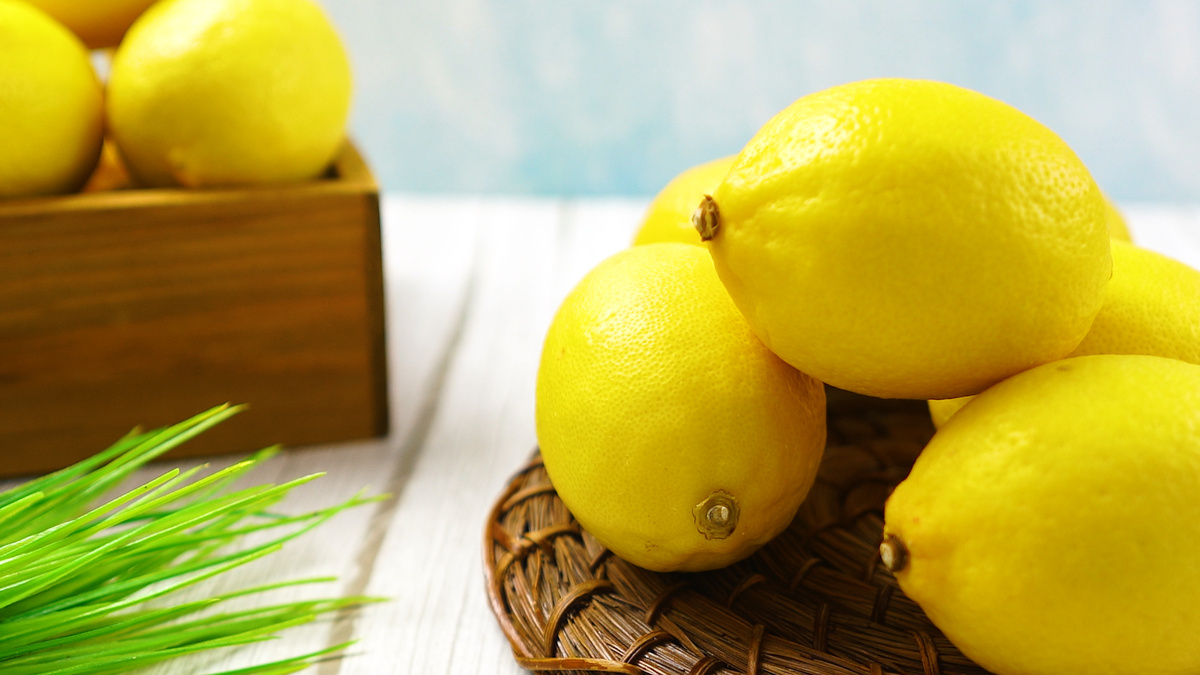

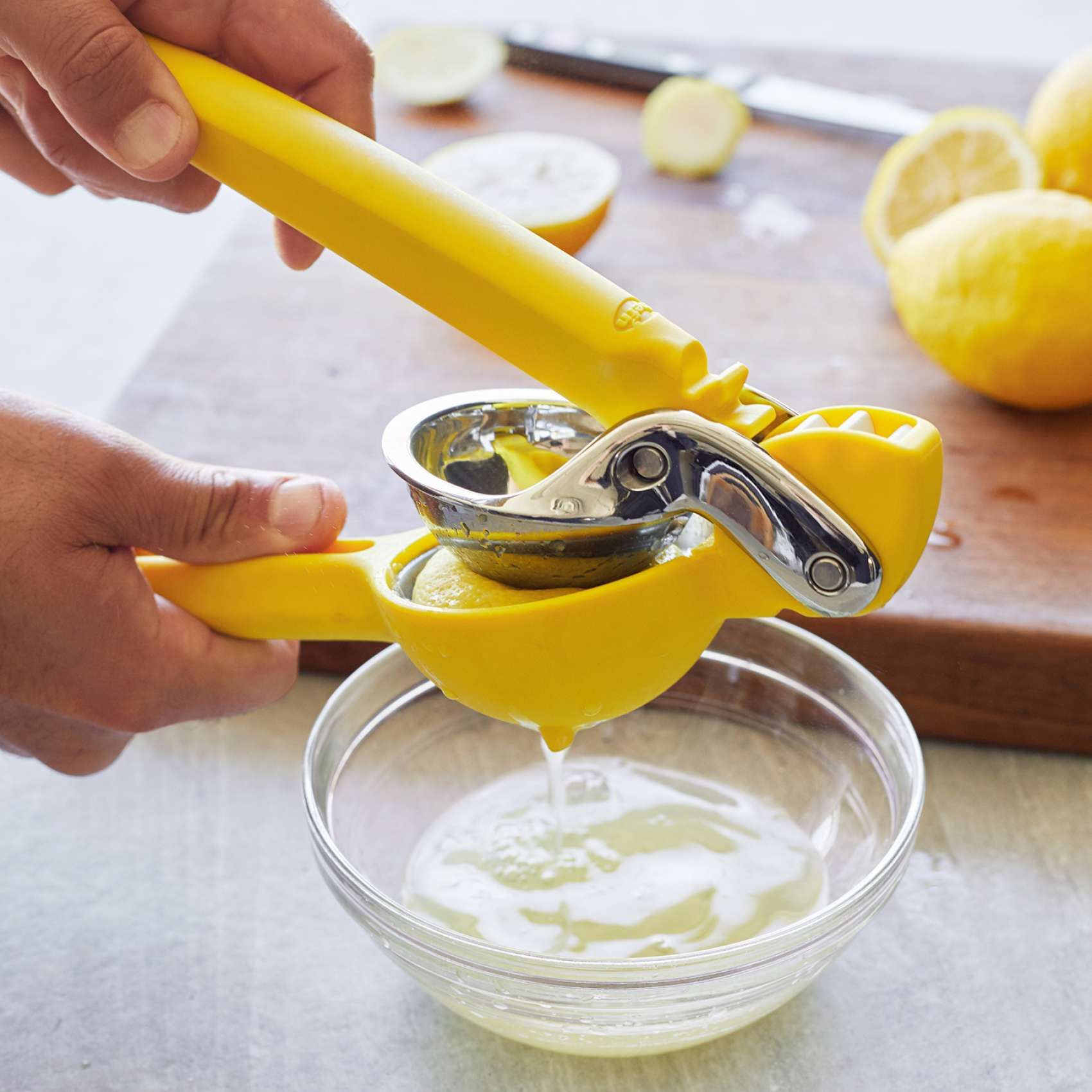

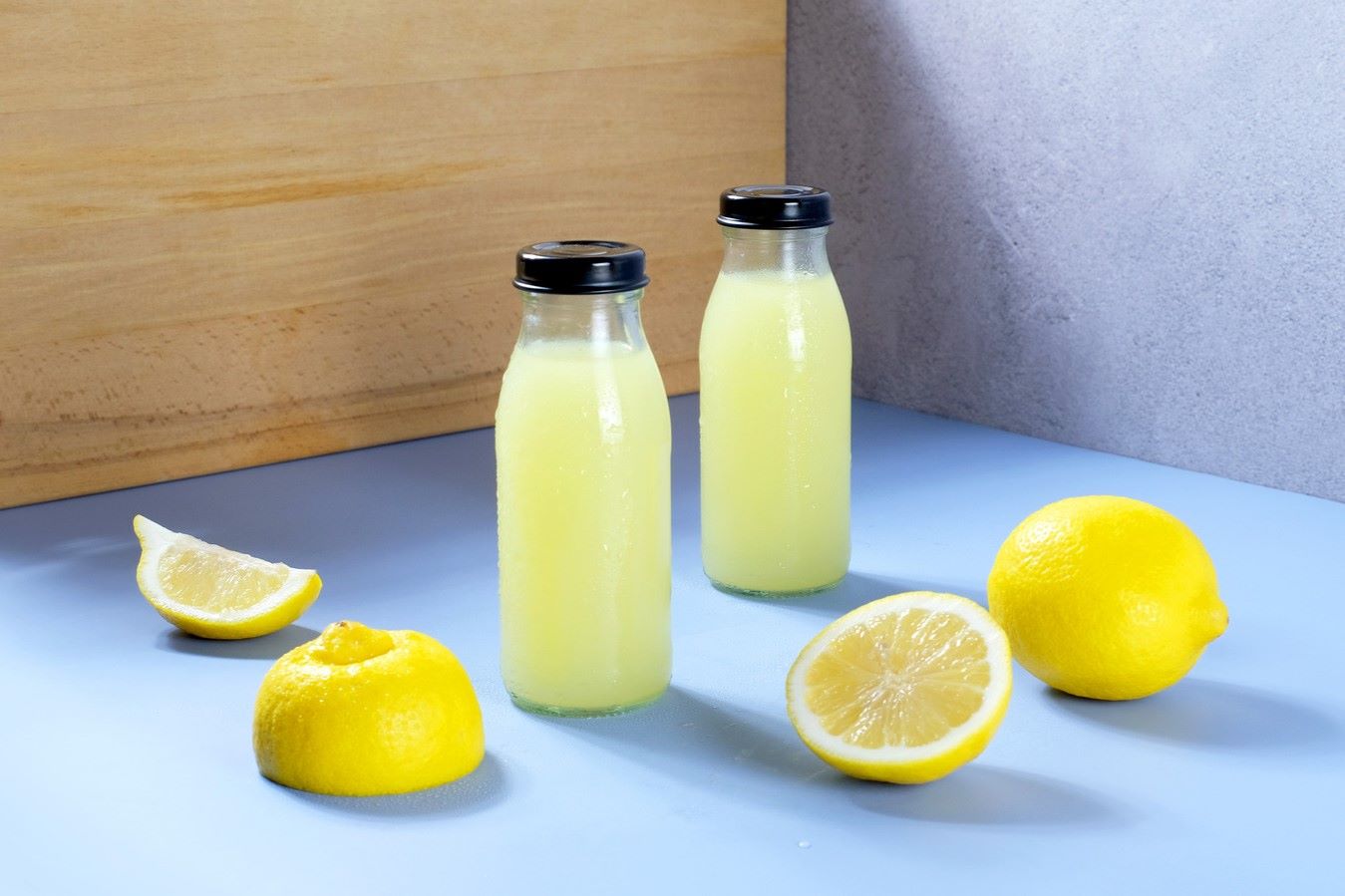
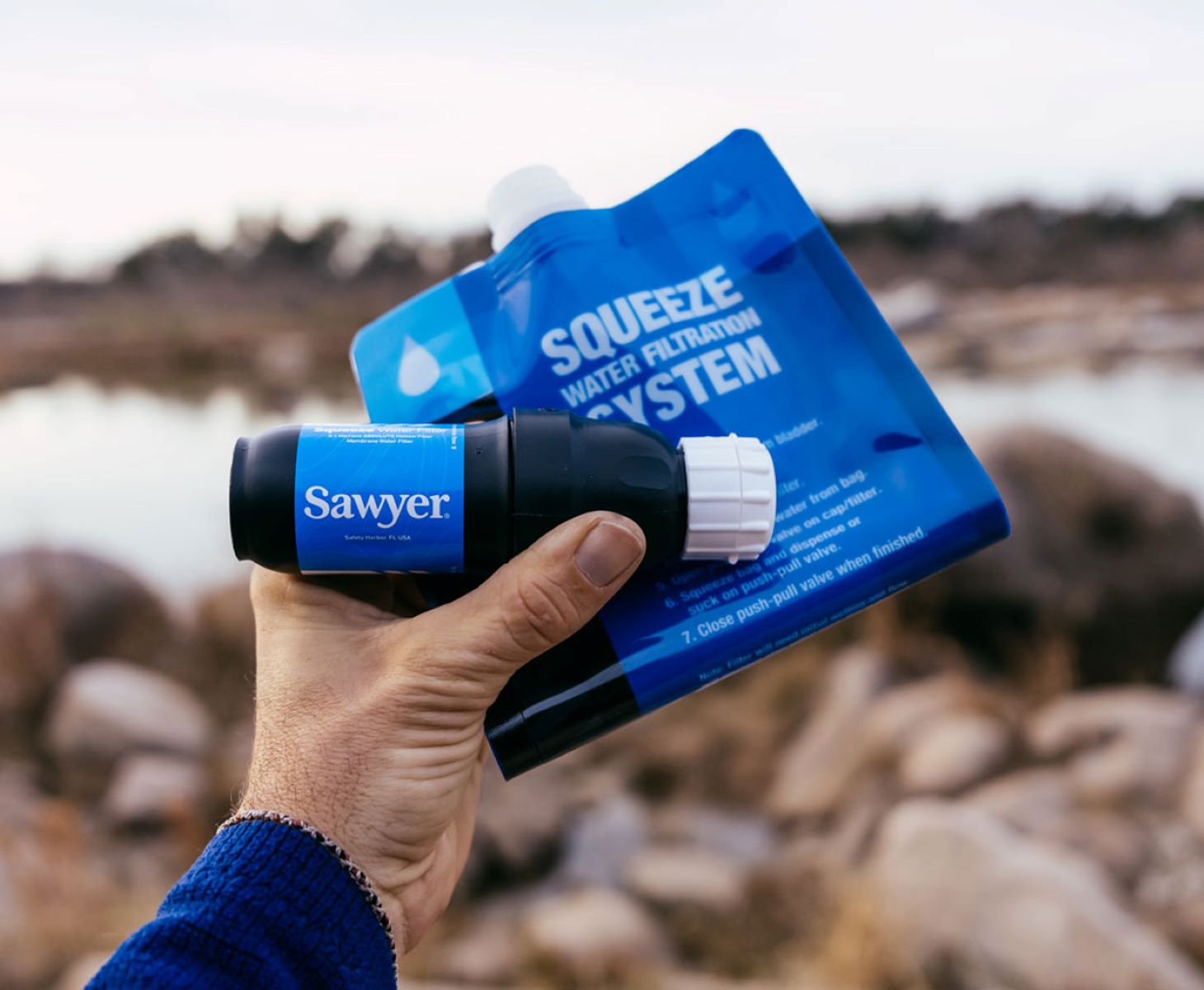
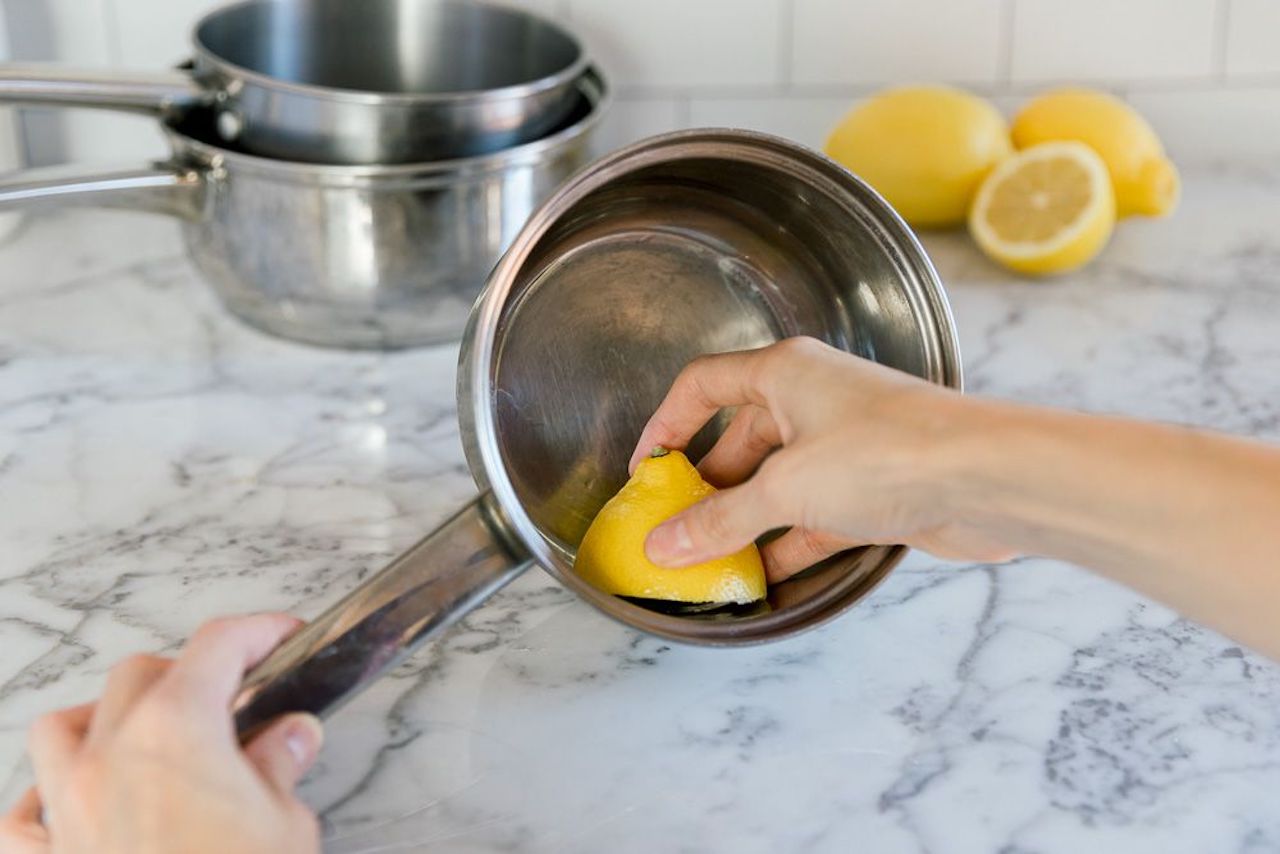
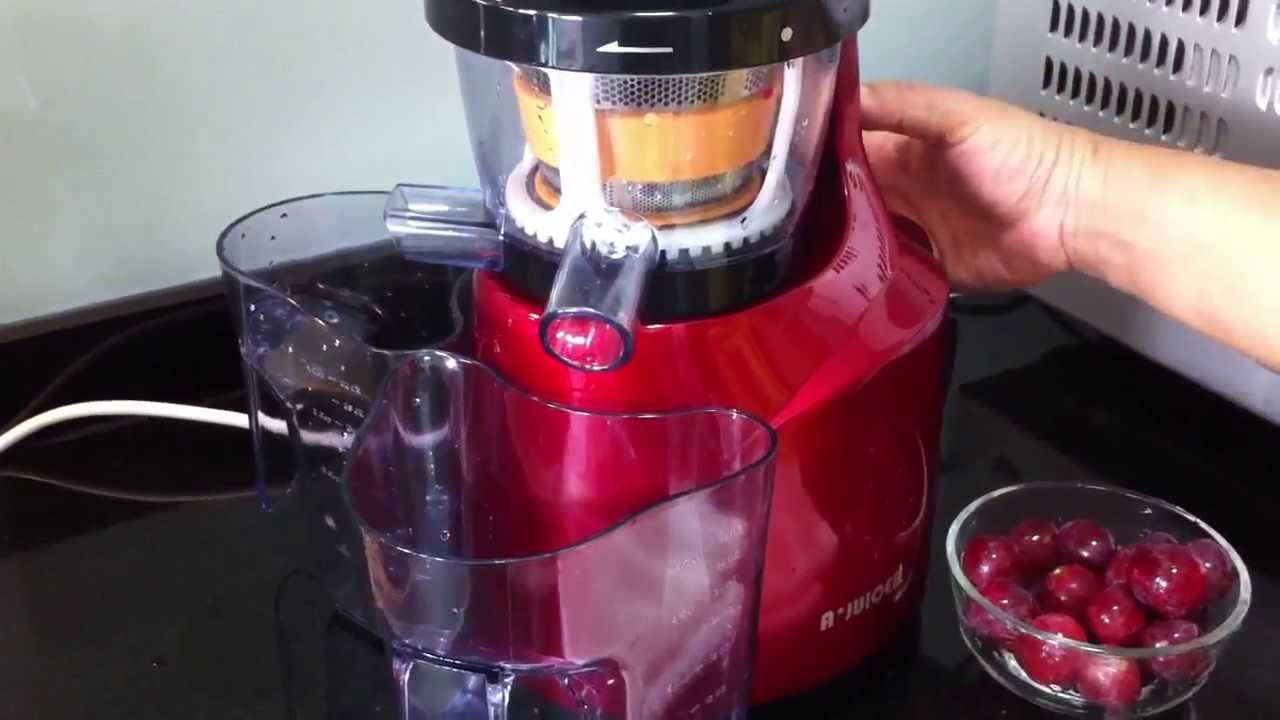


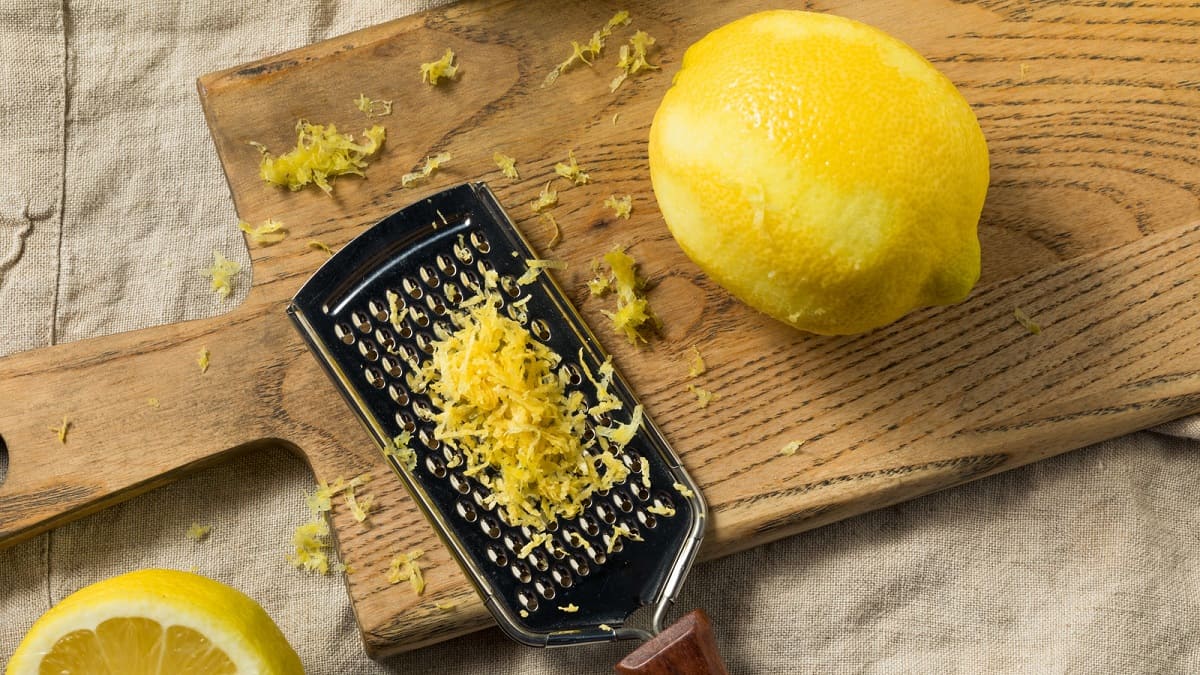
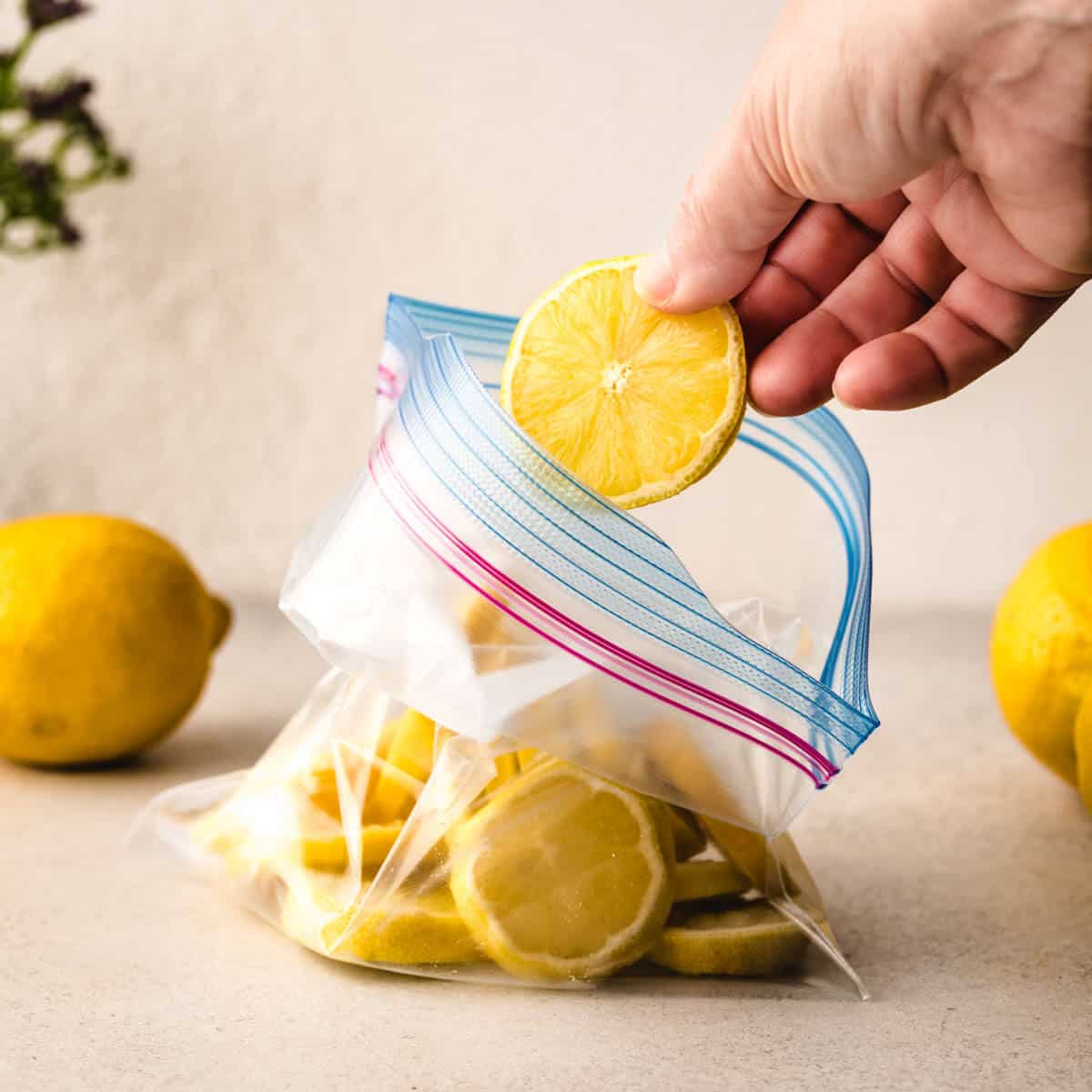



0 thoughts on “How To Store Fresh Squeezed Lemon Juice”